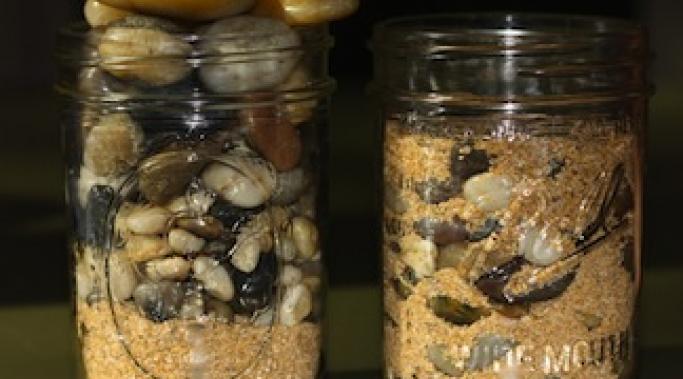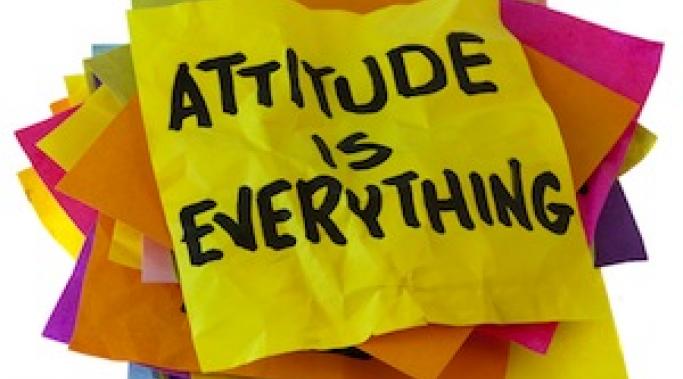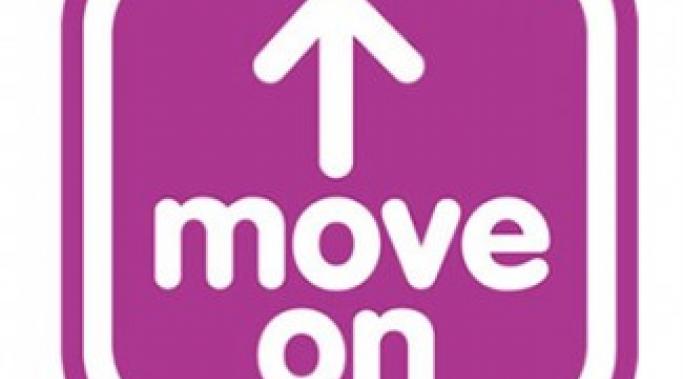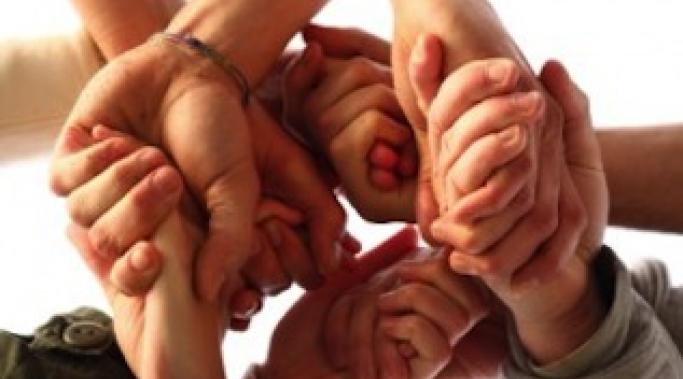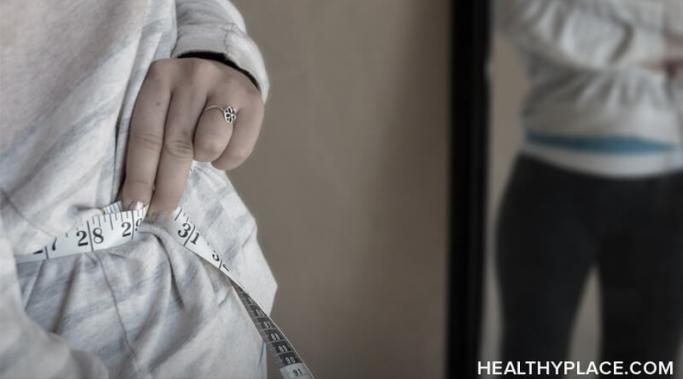My anorexic brain is positively screaming at me not to write the next sentence of this because it is so shameful. I have gained weight. Don’t be mistaken – I have been maintaining a healthy weight for my body for almost a year so this weight is extra, unnecessary, too much. My brain is shouting, “Fat!” at me almost 24 hours a day. Right now, more than anything, I’d love to scrap my recovery and throw myself headlong into eating disorder behaviors. But I have to focus on recovering from my eating disorder even when I want to quit.
Eating Disorders Recovery
Around Christmas, I invited you guys to consider whether or not you are putting your recovery from an eating disorder as your first priority. I hope you were able to take some time and really sit with that question and come up with an honest answer for yourself. I have. That’s the thing about putting your eating disorder recovery first – you need to regularly check in with yourself and see if you are still putting your health and recovery first. And if you’re not, you need to figure out how to change that.
When I first embarked on the long road that is recovery from anorexia, I did so half-heartedly. It was something I thought I "should" do, so I just went through the motions. I saw my therapist. I saw my dietitian. I went to a support group. But aside from that, very little changed.
Patricia also made a great video about a year and a half ago about how to prepare for triggers in social situations. And while the food is panic-provoking, that is only half the battle. You also have to deal with people. I see family every year (which I look forward to) but because I only see these folks once or twice a year, I drive myself crazy wondering if I'm fatter or thinner than they saw me last. And, being well-meaning, loving people, my family want to tell me all sorts of supportive things about how great I look now that I'm in recovery. But, please, don't say these things about my eating disorder.
I was hospitalized in an inpatient facility for a few days recently (not for my anorexia, but a comorbid condition). I was there long enough to see some patient turnover and was reminded just how much the attitudes of people you are in treatment with can affect you. In school, we call this the "therapeutic milieu." I prefer to think of it as the general "vibe" of the unit.
Recently, my work sent me on a training which entailed a road trip with colleagues and three days of intense meetings. Our training was supplemented by many meals and social gatherings between and during those planning sessions. Despite an abundance of food, I realized when I got back home that I hadn't really thought of food or the process of eating all that much through the entire trip. I equally realized that despite there being many new people there, I also hadn't felt compelled to share my eating disorder history with any new colleagues I was meeting. When I got home and thought about all of it, I was surprised. Why, for the first time in recent memory, did I not find myself thinking about food or feel compelled to discuss my history with others?
Most people who know me today know that I’m a food enthusiast -- I love food in eating disorder recovery. When those people become aware of my past and try to reconcile those two experiences, they tend to be confused. How can someone both be enthusiastic about food and also have suffered an eating disorder? From my perspective, this is actually quite a natural progression. Though I may have some anxiety around food, my eating disorder recovery taught me that confronting that anxiety head-on and embracing food as nourishment is part of recovery.
In the last six years since the start of my eating disorder recovery, I've been pretty diligent in trying to make an effort not to skip meals along with the inevitable emotions that will surface at times when I interact with food. However, lately with the stress of an active lifestyle, I have found it harder to remember to enjoy and relax while eating, as it feels like it takes away time from other important things. Realizing that this could lead to falling into old patterns, I recently decided to take a mindfulness workshop whose topic was the art of eating with a clear mind, three times a day.
When it comes to my recovery from anorexia, like in a lot of areas of my life, I strive to be fiercely independent. Imagine a petulant toddler yelling, "I do it self!" at the top of her lungs and pushing people away while simultaneously crying because she can't actually "do it self." Excellent. You have just drawn yourself a picture of my first three years of recovery failures.
In my last post about being 24 and having an eating disorder, I looked back on my years in graduate school where I felt very lonely, even though I was often surrounded by many of my peers. Over time, and shortly after I started to get some help to manage my anxiety about food and body image, I had to understand why I had a tendency to engage in self-harm by binging and purging when I found myself in stressful situations.
I thought I'd share some simple ways which might help you gain some understanding of your eating disorder, though by no means do I claim that this might be the right way for you to go about your recovery process. This is simply me sharing my experience with you,and I do invite you to reach out to an eating disorder professional for support in your journey to recovery.


